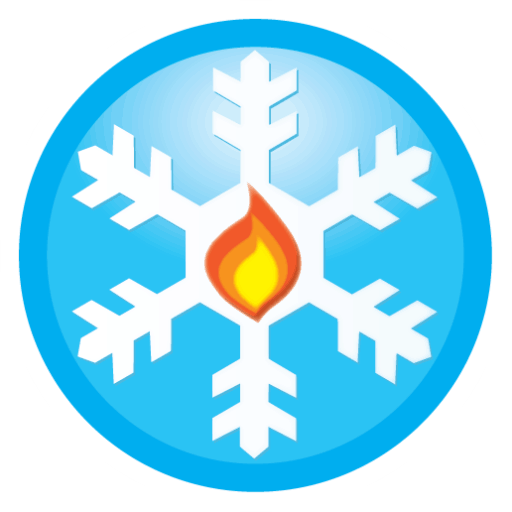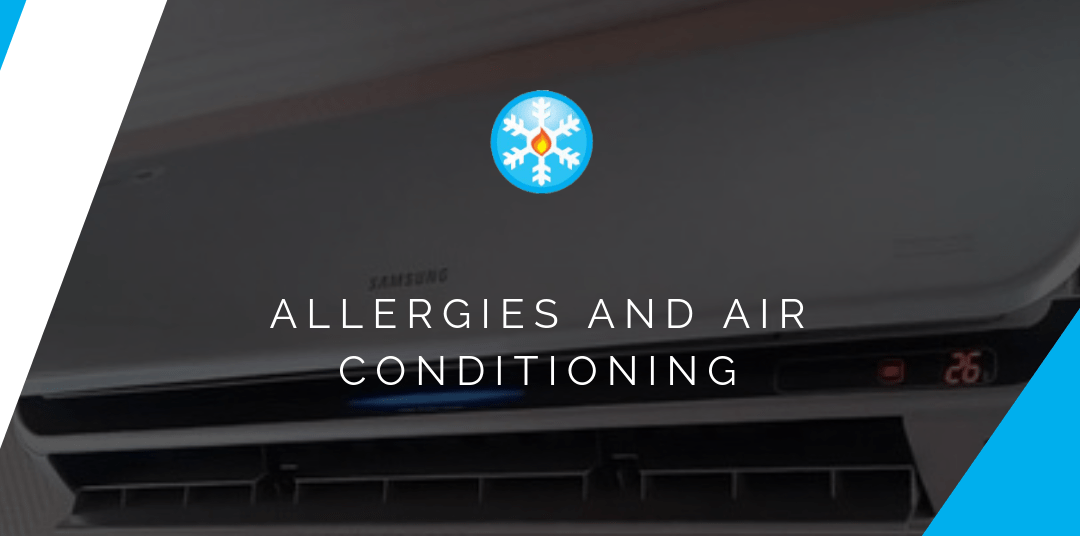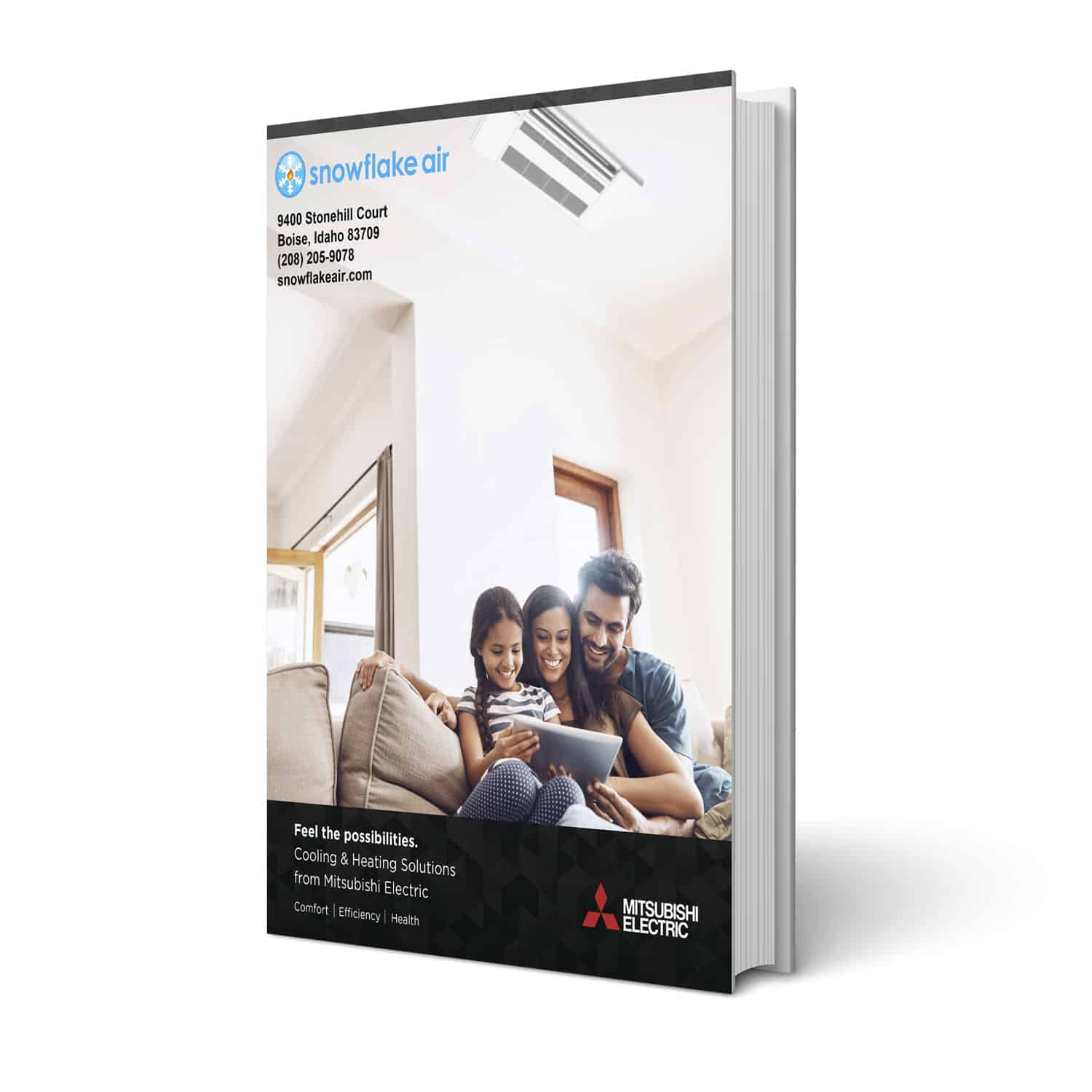You may have heard conflicting information about how air conditioning affects people with allergies. Some people feel that it helps to control their allergy symptoms, while some feel that it actually makes them worse. So, which is true? In fact, both of these outcomes can be true, depending on your air conditioner and how well it is maintained. Let’s take a closer look.

https://pixabay.com/photos/woman-blow-blowing-nose-hand-chief-698988/
The Good and the Bad
Indoor air can be very polluted with air contaminants like dust, pollen, mold, pet dander, and other particles. An air conditioner that is not maintained and the air filter is not changed regularly will just circulate all of those contaminants.
When this happens, symptoms of allergies or asthma like sneezing, coughing, dizziness, fever, and watery eyes will likely increase. When an air conditioner is properly maintained and has a good filter, it will reduce and remove most of the potential contaminants and improve allergy symptoms.
Here are some steps to take so that your air conditioning system helps keep you happy and healthy.
Choose the Right Air Filter and Change it Regularly
Probably the most important thing that influences how your AC works and the quality of your indoor air is your air filter. All air filters have a MERV (Minimum Efficiency Reporting Value) rating. The higher the rating, the more efficient the filter is at trapping airborne particles.
Most residential homes use filters that are from 7-12, but the American College of Allergy, Asthma, and Immunology recommends a rating of 11-13 for people dealing with allergy problems.
Changing the filters every 3-6 months is also important so that your HVAC remains efficient and clean. It can also help keep your air clean: Your heater can essentially get rid of dust in your home by having the filter trap it as it passes through the ductwork.
But, you need to change the filter once a month so it doesn’t get clogged.
Snowflake Air’s Worry Free Filter Program for homes in Eagle, ID and across Boise Metro is a great way to ensure your filter is always in great shape.
Keep Windows and Doors Closed
At the peak of allergy season, keeping the windows and doors closed is important. If more particles enter your home from the outside, your AC will have to work harder and will not be as efficient.
This may cause an increase in allergy symptoms, as well as an increase in your electrical bill.
Maintain Your System
Annual HVAC inspections and tune-ups can keep your system running at peak efficiency and help keep your system clean. You can also have your ducts cleaned to ensure that dust, pollen, and dander are not being blown throughout your home.
Experts recommend having your ducts cleaned approximately every 3-5 years.
Other Steps to Take to Improve Allergy Symptoms
- Clean registers and vents
- Dust and vacuum regularly
- Remove mold immediately if found
- Lower the relative humidity in your home if necessary
- Consider an air purifier
Air Purifiers
You’ve probably seen advertisements for air filters you can place in a room or even on a desk or table. These models clean the air in one part of your home. But, did you know you can also get one that treats the entire house?
A whole-home air purifier connects to your HVAC system to treat the air in every room of the house! These air purifiers work the same way as those smaller ones and offer even more benefits. But, they’re much more comprehensive.
You can choose from a wide variety of air purifiers for your home based on your house’s layout and your specific needs.
Treasure Valley HVAC Services
If you are in need of a tune-up or repair, the HVAC experts at Snowflake Air are here to help. We specialize in same-day service and a satisfaction guarantee. For all your Meridian heating and cooling needs, trust Snowflake Air to get the job done right.





Trackbacks/Pingbacks